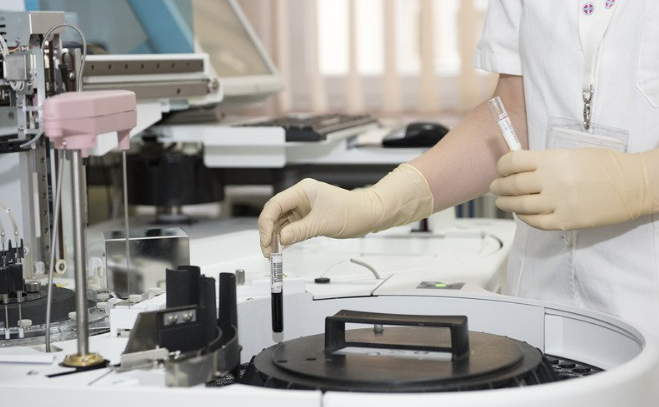CLINICAL TRIALS
AND
INTERVENTIONAL STUDIES
The primary goal for this program and all of its separate studies is to develop therapies for the treatment of PSC. Currently there are no effective therapies for PSC.
Immunomodulators and newer biologics while effective in the associated Inflammatory Bowel Disease are inexplicably ineffective in PSC. We are trying to harness new ideas and approaches to develop treatments for PSC. Our group has previously completed two pilot trials in PSC- one in vancomycin which did not demonstrate a benefit and a study of fecal microbiota transplant (FMT) which suggested a minor improvement in liver enzyme tests.
Learning from ulcerative colitis, we are repurposing existing medications in an effort to short-cut the drug development process in a desire to respond to the urgent need for effective medications. One current multi-center study is utilizing sulfasalazine to treat PSC. Supported by two retrospective series suggesting a benefit this study is ongoing at 14 sites in the United States. Mesalamine is metabolized to an inactive form in the intestinal lining and in the liver but sulfasalazine gets to the biliary tree without being metabolized.
We are shortly initiating the first dietary intervention in PSC testing two different dietary approaches. Another novel agent is being prepared to be studied this year as well.
BIOMARKER DEVELOPMENT
We are using a variety of omics and other novel approaches to uncover better biomarkers to be utilized in clinical trials to guide drug development in PSC better.
A challenge for clinical trials in PSC is that the standard endpoint for short term efficacy, an reduction in alkaline phosphatase which does not correlate well with a longer term improvement in the natural history of the disease.
